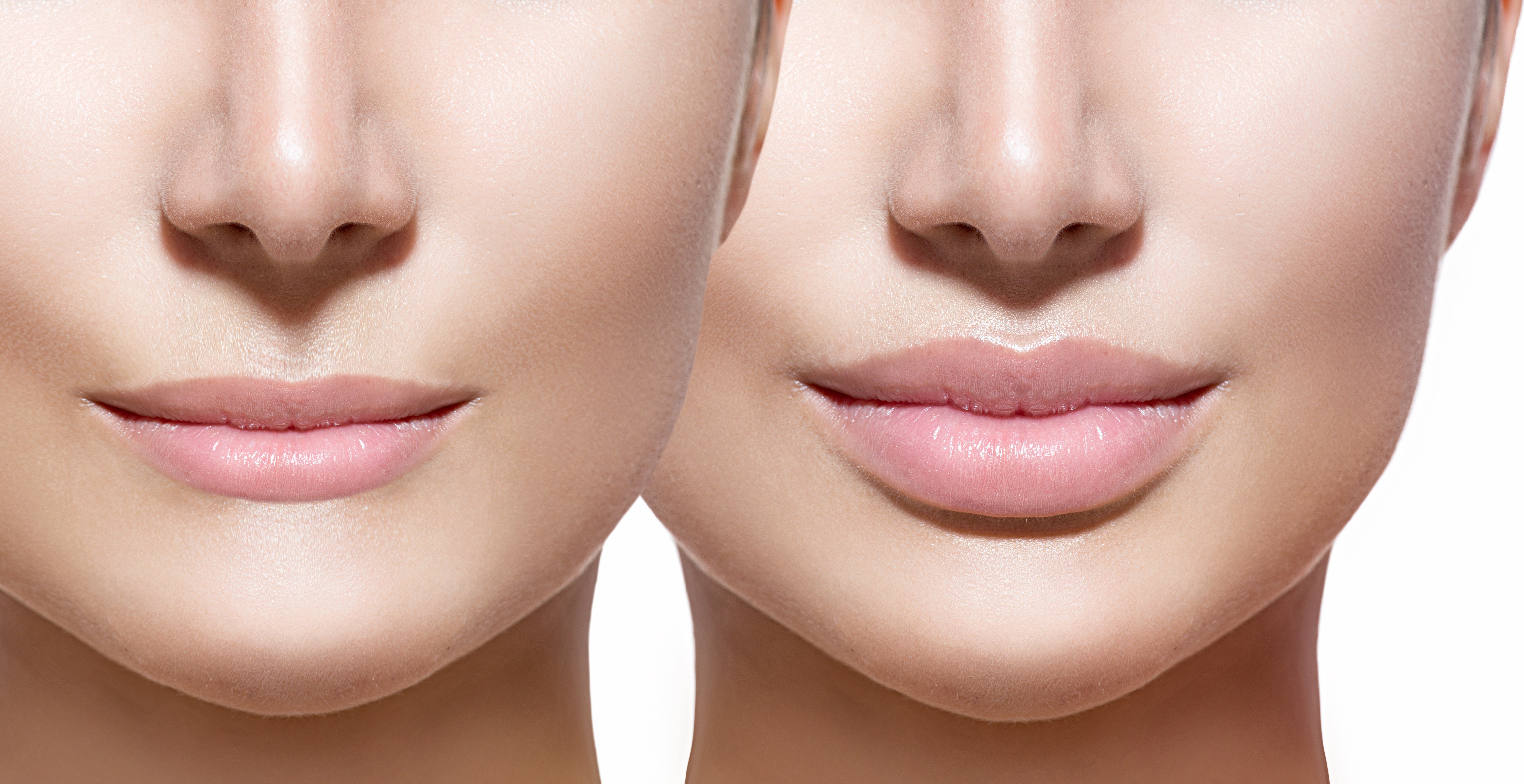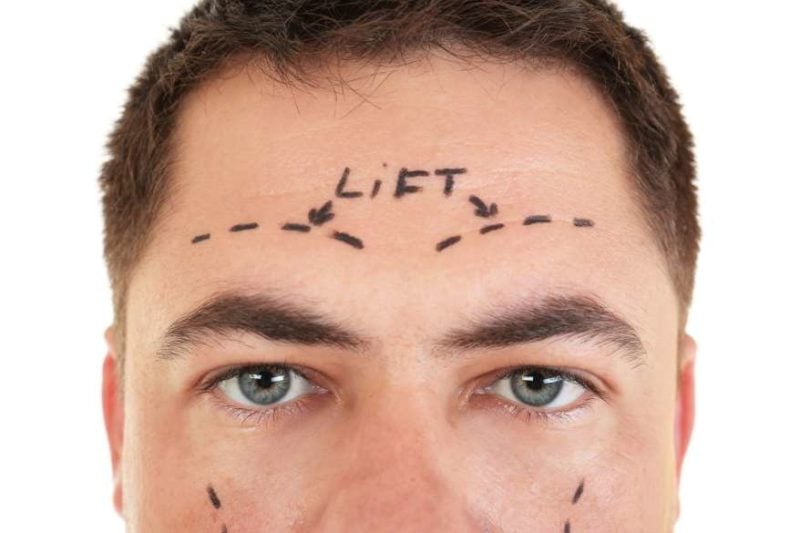Be aware that July is UV Safety Month and Skin Cancer Awareness Month; and more importantly, please be aware of ways to keep yourself and your family safe in the hot summer sun.
In general:
- Always cleanse and moisturize your face after exercise
- Use skin protection on cloudy days & road trips: 40% of the sun's rays penetrate clouds
- Maintain a healthy diet because it helps leads to healthy skin
- This includes drinking ample amounts of water to keep your skin hydrated
Understand that a higher SPF does not necessarily mean better and longer protection; while applying two tablespoons of sunblock with an SPF of 30 to the face is best practice, many experts say that SPF above 50 is unnecessary and recommend instead focusing on physical sunblock ingredients (like zinc) rather than chemical sunscreens.
If you are prone to acne:
- Be consistent with topical treatments
- Get an acne clearing facial or peel
- Use sunblock offering broad spectrum coverage and is labeled "noncomedogenic"
- This type of sunblock will not clog your pores
Understand that acne medication (including tetracycline or topical retinoids) may increase your skin’s sunburn risk.
If you have an infant, baby and/or child:
- Always keep their skin protected from the sun by having them wear a hat
- Re-apply sunscreen at least every two hours
- Avoid the brightest sunlight (between the hours of 10:00AM and 4:00PM)
- Keeping kids indoors or in the shade whenever possible is well worth the effort
Understand that sunscreen prevents painful sunburns, but also reduces the risk of skin cancer as you age. Recent studies that show that people who were sunburned as children have three to five times higher risk of developing skin cancer as an adult.
If you are new to Texas
- Always protect your skin from the heat; don’t base protection on where you used to live
- Layers of light tightly woven clothing helps protect from sun exposure consequences
- Be aware of common subtle signs of too much sun damaged skin (not just sunburn)
- Including freckles, darker pigmentation areas, and redness or skin blotchiness
Understand that signs of sun damage can be treated; however, though the signs may go away, spots and burns of today are potentially the first signs of something much more dangerous in future years; and, that skin cancer is the most common form of cancer in the United States. Skin cancers are often relatively benign, yet melanoma (the most serious form of skin cancer) can spread to the body's internal organs and result in death.
If you have any questions regarding prevention or concern regarding your skin, please contact Brad Patt, MD at 281.649.7170 or submit this simple appointmnent scheduling request form.




